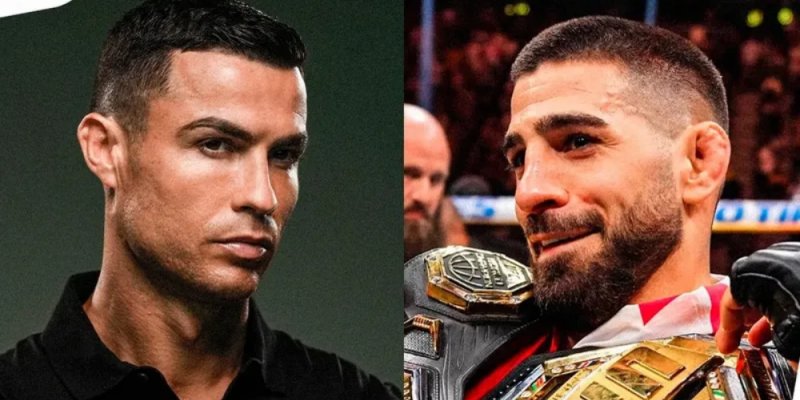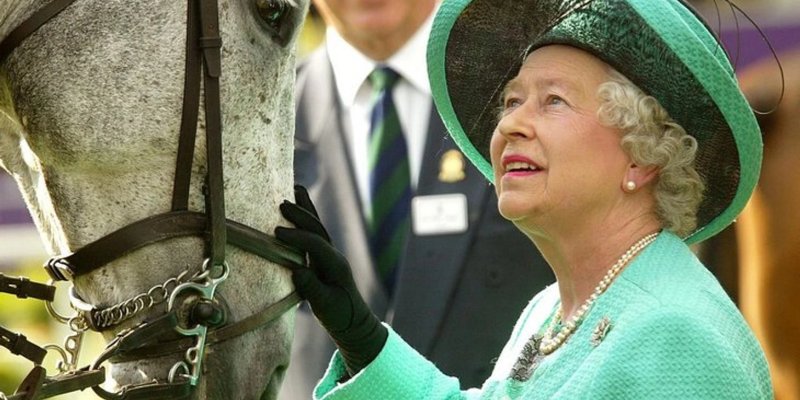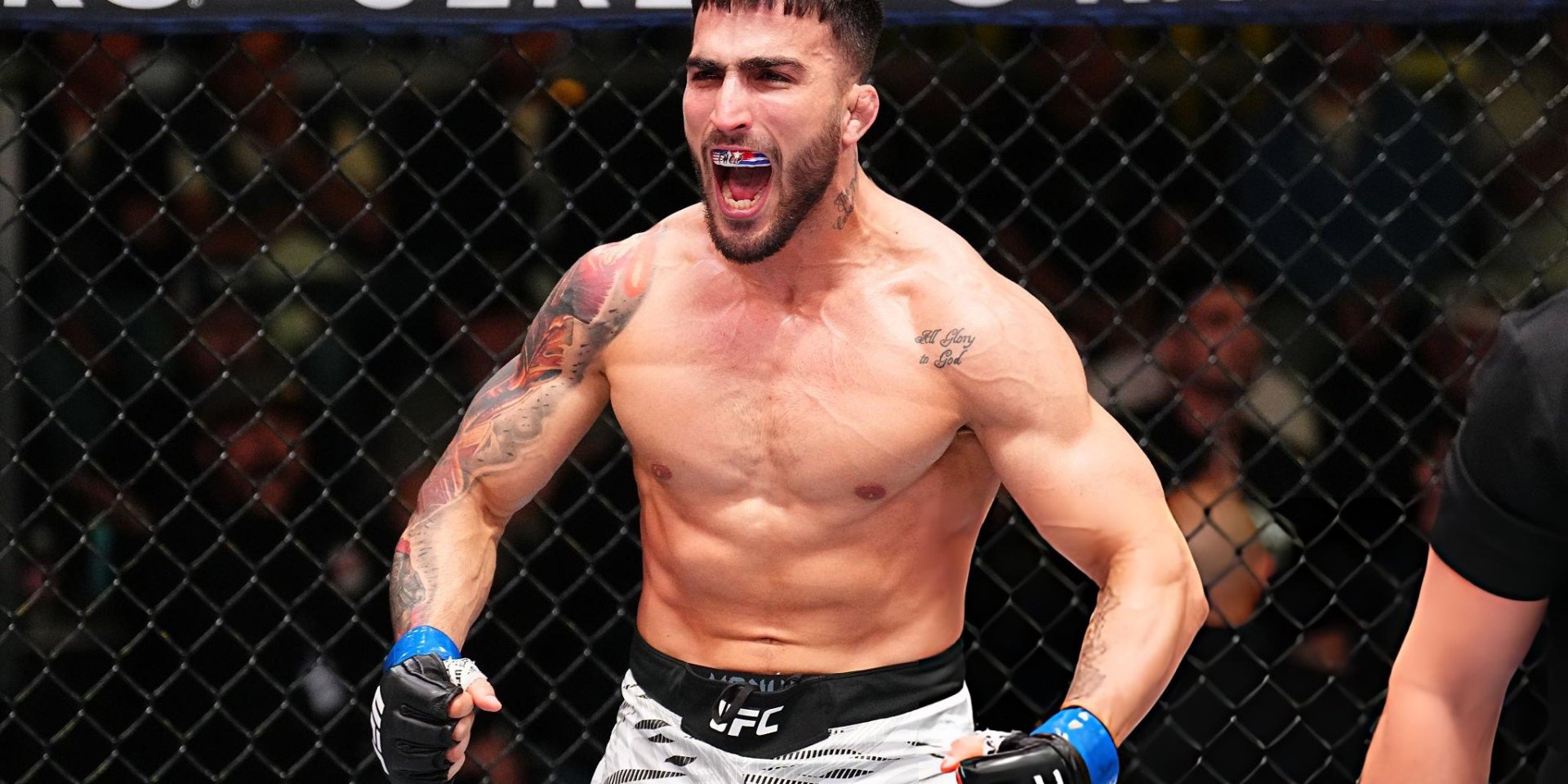
A modest-on-paper bout at UFC Vegas 110 unexpectedly became the story of the week: the underdog’s line crashed literally before the walkouts, the favorite lost by a rear-naked choke in the very first round, after which the promotion parted ways with the fighter and contacted the FBI. The story surrounding the meeting between Isaac Dulgarian and Yadir (Yadier) Del Valle quickly spilled beyond the MMA bubble and turned into a case study of how the betting market can highlight a potential problem before a referee does inside the Octagon.
The Market Sounded the Alarm: Line Collapse and Bookmakers Halting Bets
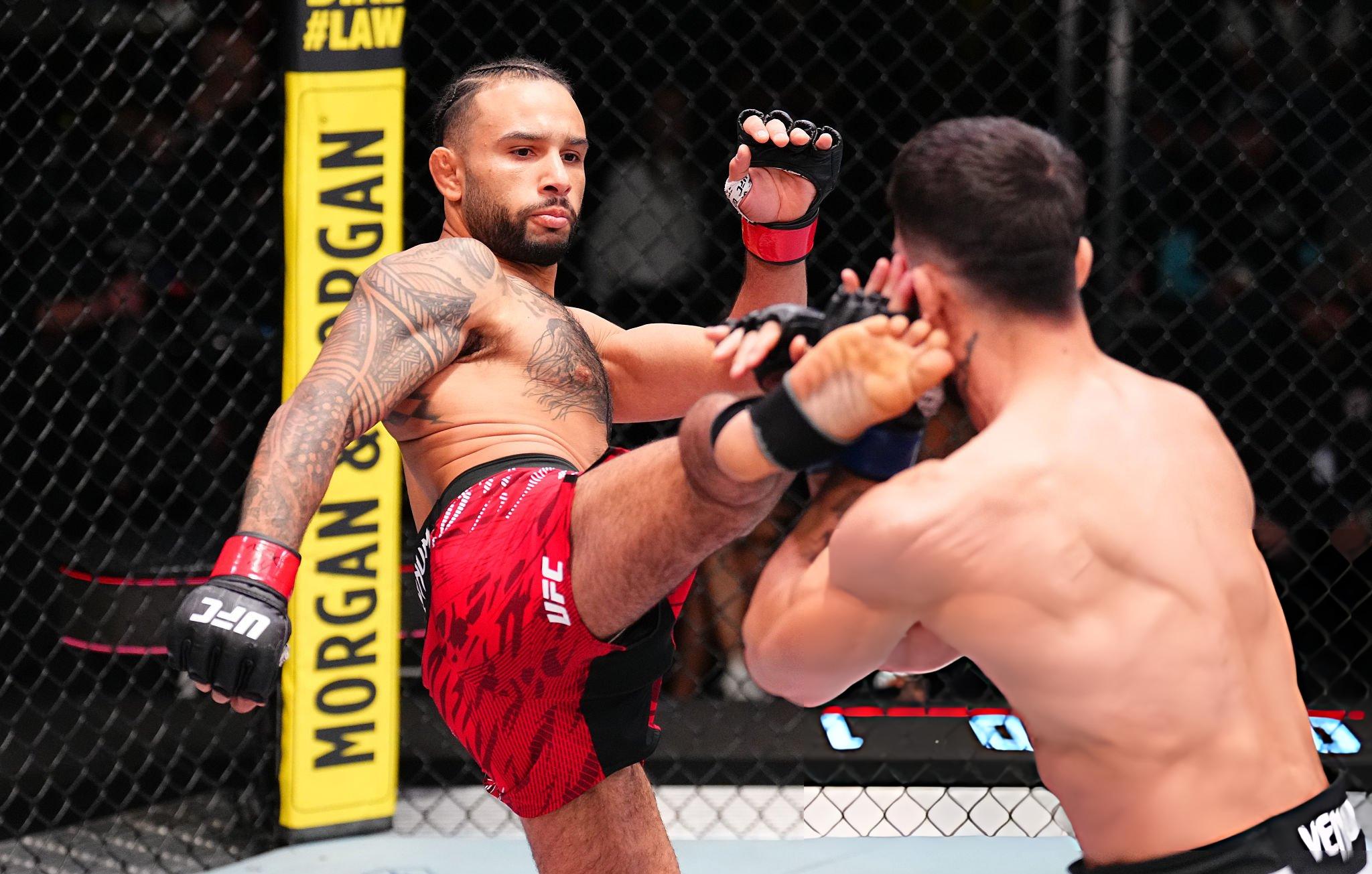
On the eve of the fight, betting companies recorded an abnormal flow of money on Del Valle to win specifically in Round 1 and specifically by submission. The line moved so sharply that some operators temporarily stopped taking wagers on certain outcomes — a typical reaction when insider information or manipulation is suspected. On fight night the favorite, Dulgarian, “folded” — neatly matching the scenario that bettors had played en masse. Several major bookmakers later announced refunds, citing “non-market” pre-fight dynamics.
Four Minutes to the Tap: What Happened in the Cage
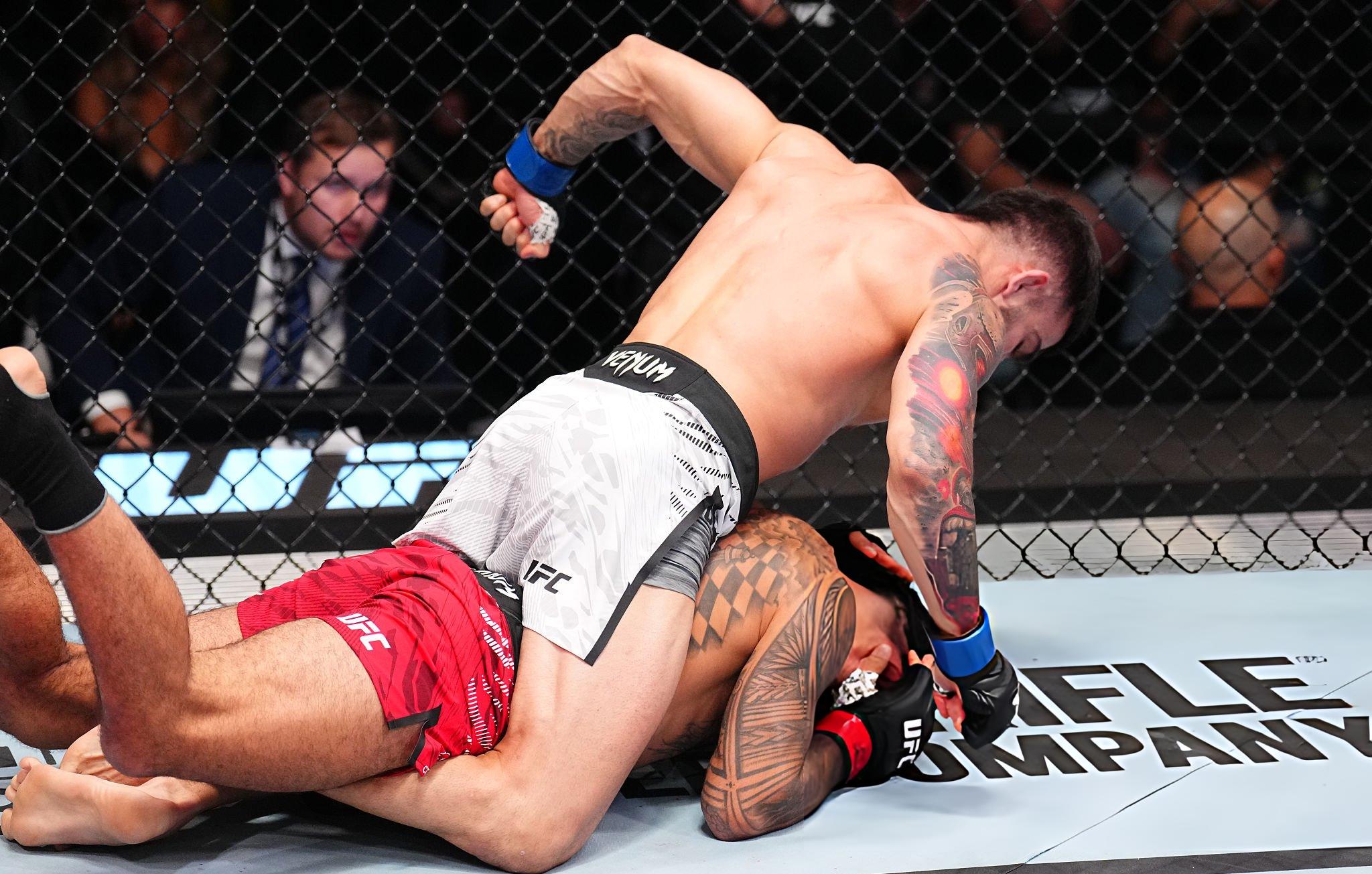
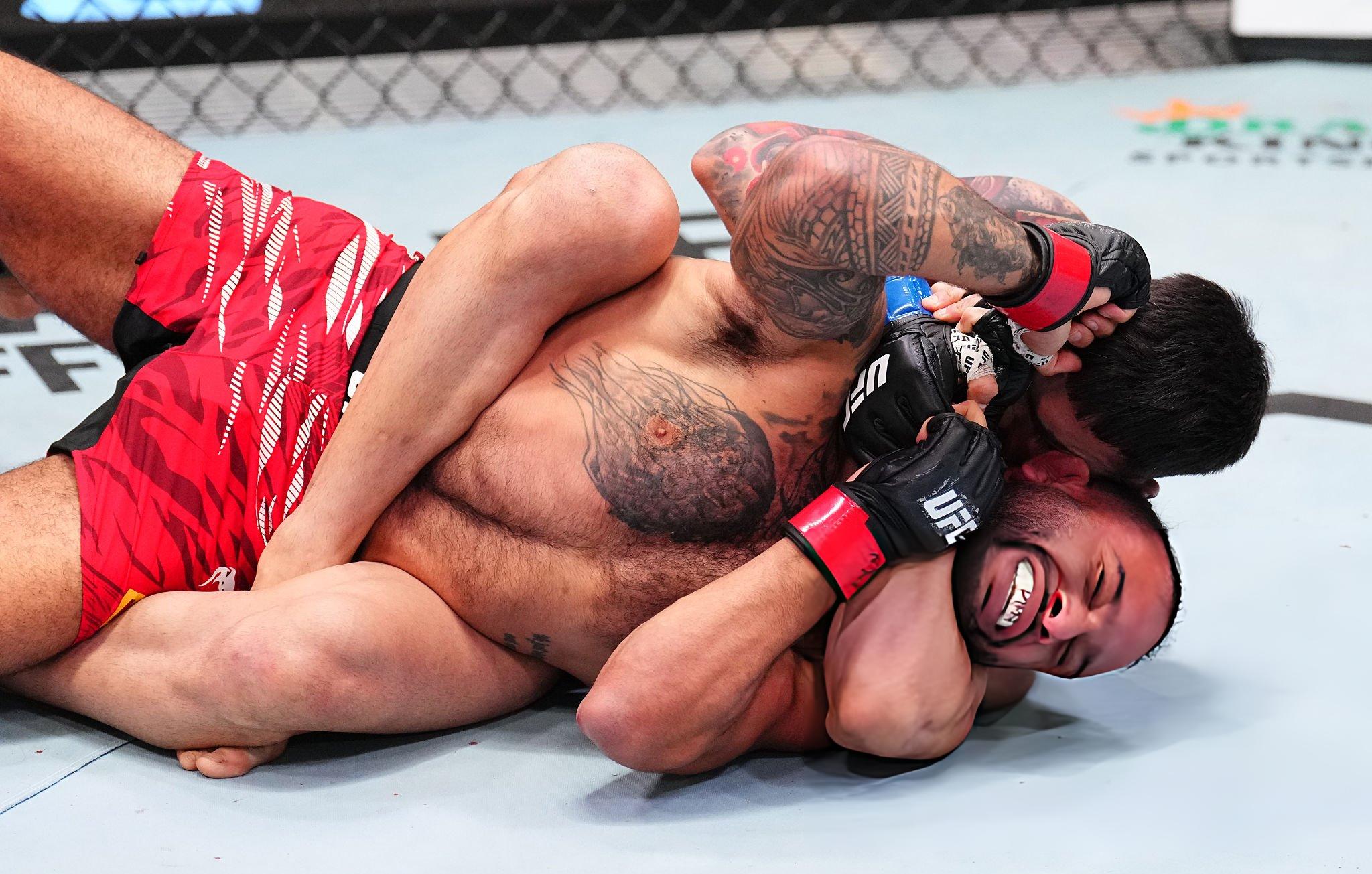
The fight itself raised more questions than answers. Del Valle quickly forced the action to the ground, took the back, and finished with a rear-naked choke in the first round. Against the backdrop of the pre-shaped market, the ease with which the favorite surrendered position and the sluggish defense against transitions looked suspicious even to commentators: Dulgarian’s technical choices in several sequences seemed needlessly risky for a fighter of his level. Adding subtext was the widespread belief beforehand that Dulgarian would be the stronger wrestler, while Del Valle’s edge would be in the stand-up.
The League’s Response: Dismissal, “Frozen” Purse, and a Visit to the Feds
The UFC responded quickly: Dulgarian was removed from the roster, and Nevada’s regulator took control of his purse — the final decision on payment is tied to the review. The promotion’s integrity-monitoring partner IC360 (the successor to U.S. Integrity) was brought into the investigation and had flagged the anomalous betting activity. Dana White confirmed that the UFC consulted with the FBI and is cooperating with agents on integrity checks.
Lessons from the Past: The Minner Case and the Shadow of “Insider Info”
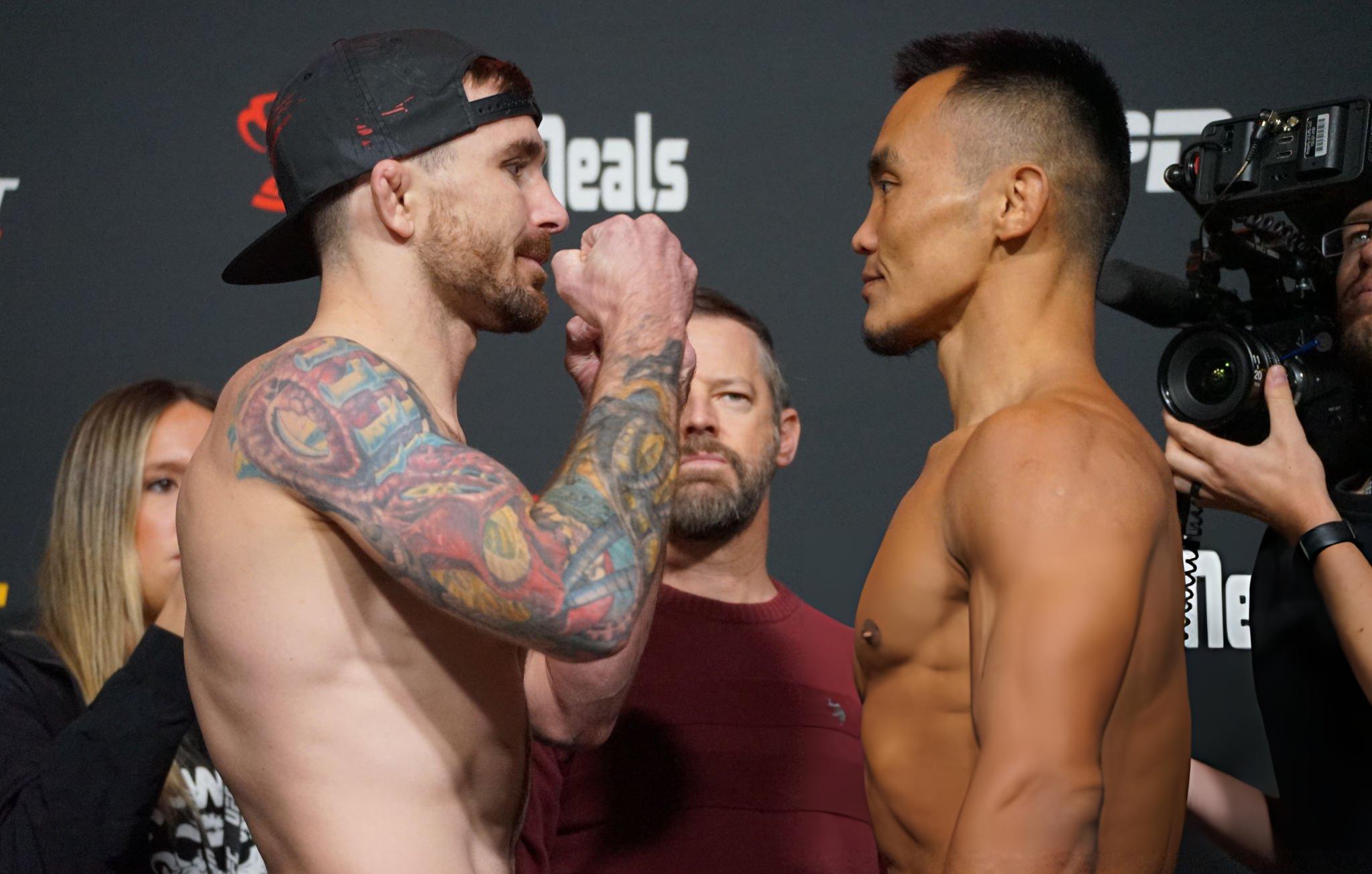
This isn’t the first painful episode for MMA. In 2022, abnormal betting ahead of Darrick Minner’s bout — in which he entered with a knee injury — and the role of his coach James Krause led to sweeping sanctions and a reboot of oversight protocols. After that precedent, the UFC expanded its partnerships with integrity providers and began interacting more aggressively with books when lines moved abnormally — today’s case logically continues that agenda.
“I Was Offered to Throw a Fight”: Confessions from the Locker Room
In the wake of the scandal, several fighters publicly stated that they had been offered money to “throw” a bout. Vince Morales spoke of a $70,000 offer, while Lando Vannata mentioned seven such bribery attempts; Vanessa Demopoulos also confirmed unwanted approaches. These accounts don’t prove guilt in a specific contest, but they show that pressure on those on the UFC’s lower pay tier is very real — and that the betting market can sometimes become a vehicle for third-party scripts.
Ripples Beyond the Octagon: Why the Lens Extends Beyond MMA
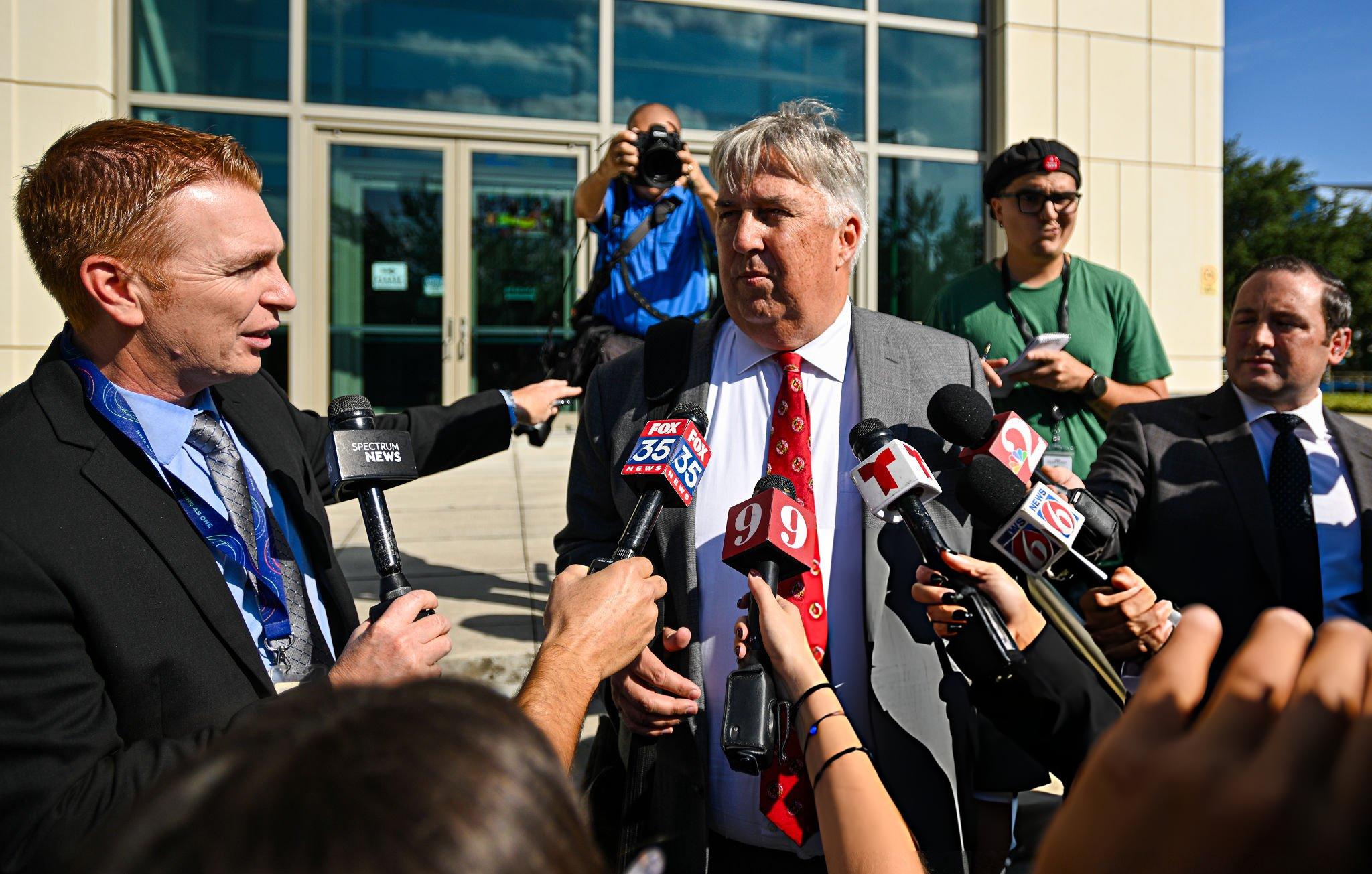
The context is broader: in the fall of 2025, federal authorities have been pursuing a series of cases involving illicit schemes and abuses in adjacent disciplines. According to media reports, the NBA has seen arrests and charges related to betting and underground games involving current and former league figures. The focus is on junctions where big money, insider information, and weak control over financial flows intersect. That backdrop makes the MMA probe part of a larger picture: regulators increasingly view integrity not as one league’s task, but as a cross-industry problem.
What the Sport Must Do: Five Steps Toward Trust
- A Unified Alert Protocol. In case of market anomalies — an immediate suspension of wagers on specific prop markets and automatic data sharing between books, the promotion, and the state commission.
- “Freeze” Purses by Default. No payments or bonuses while the review is ongoing; transparent timelines and a post-review report.
- Education and Contracts. Strict clauses banning any form of betting involvement (for fighters, teams, and inner circle), annual rule-knowledge tests, and an anonymous reporting channel.
- Conflict-of-Interest Registry. Coaches, managers, analysts — listed in a common register with mandatory disclosure of outside engagements.
- Publicize Investigations. Brief summaries upon completion — an investment in fan and partner trust.
Instead of an Afterword: Integrity as the Ultimate Title
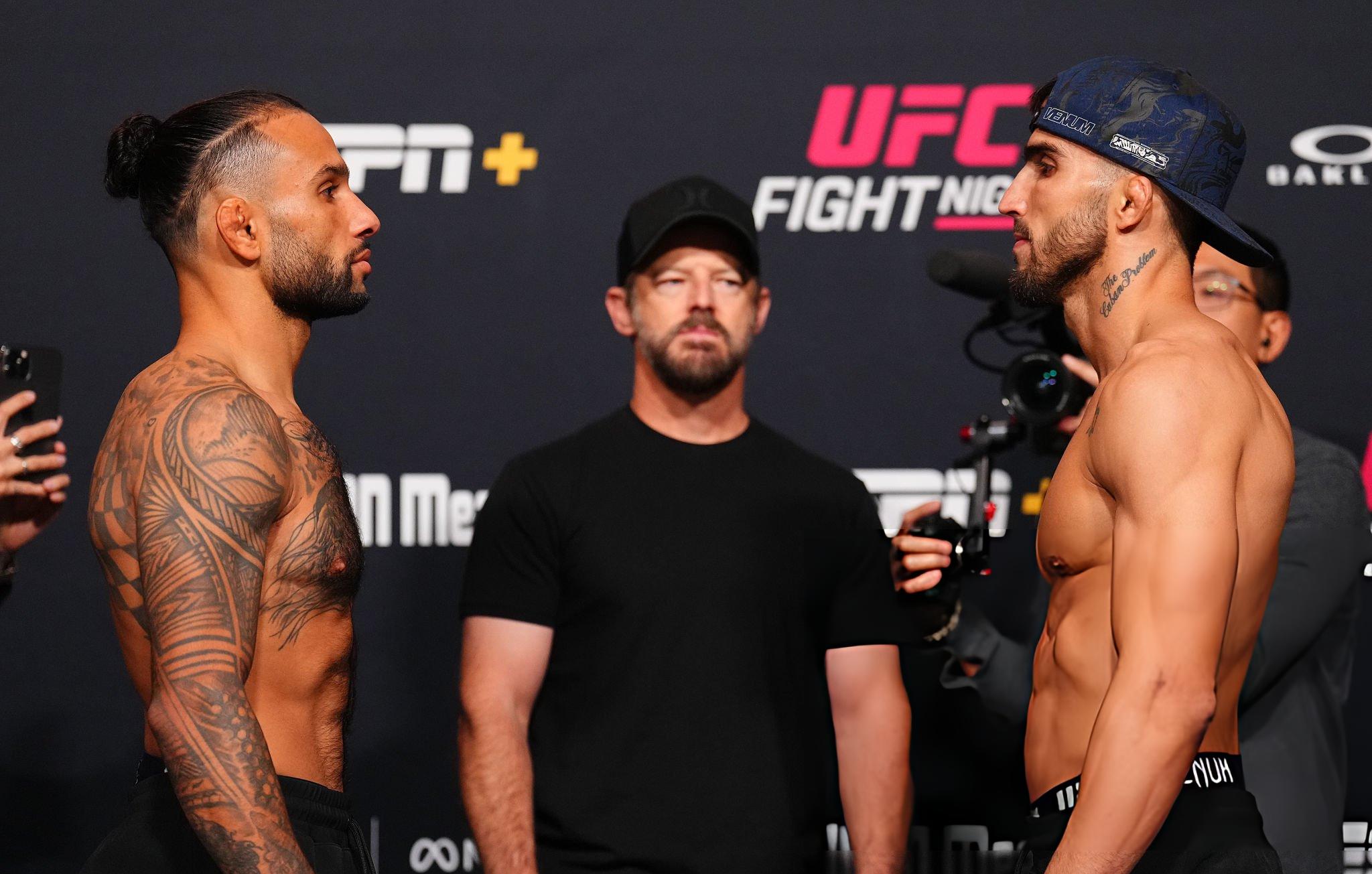
Today’s scandal isn’t about “one bad actor,” and it’s not even about a single suspicious submission. It’s a stress test for the entire ecosystem — from fighters and coaches to commissions and bookmakers. The UFC has the resources and tools to pass it convincingly. The faster the industry builds a single rulebook with transparent procedures, the fewer chances there will be for those trying to choke the sport not in the clinch, but with money — not with the ruble, but, indeed, the dollar.
Note: The investigation is ongoing; there are no final conclusions yet regarding the Dulgarian — Del Valle bout. All cited facts about reviews and statements are drawn from reputable media and official comments.

